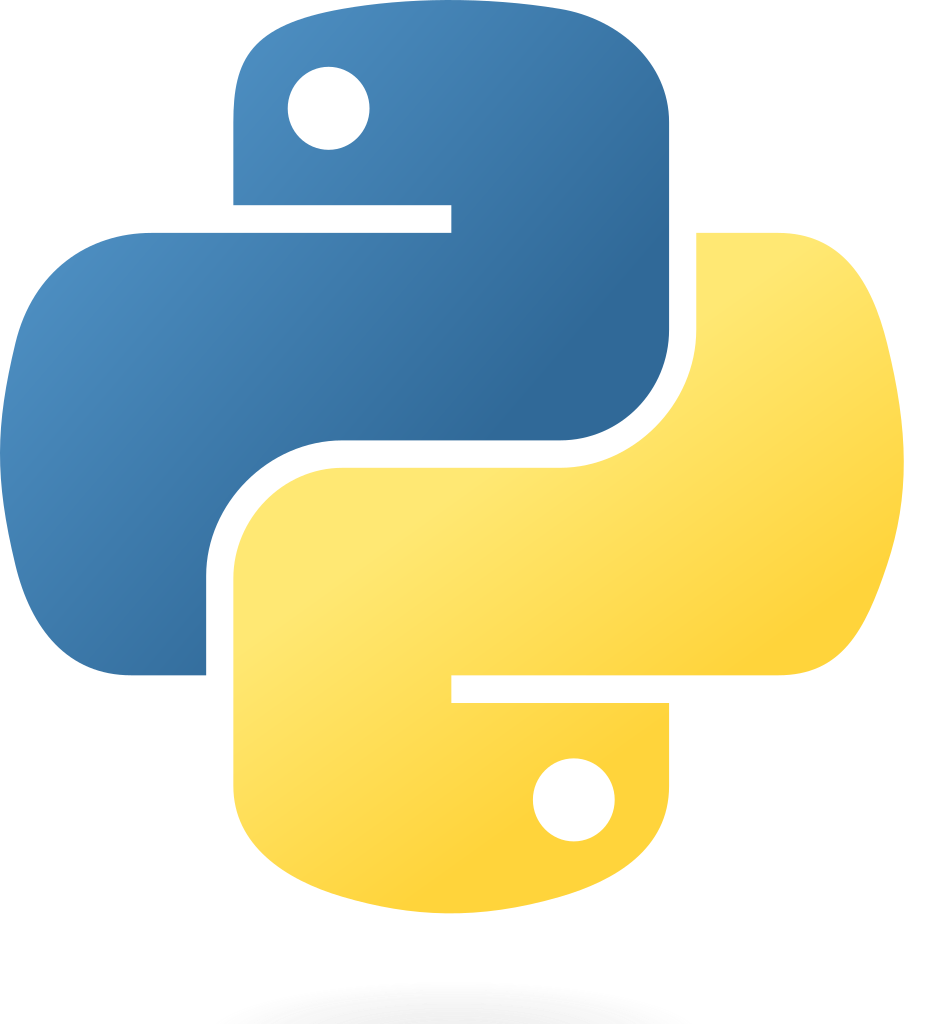True Blue
- 3 Posts
- 10 Comments

 1·1 year ago
1·1 year agoI can definitely see name-collisions being an issue, where communities on different instances have the same community “ID”, but aren’t actually about the same thing. I’m still overall in favor of the basic idea though.

 1·1 year ago
1·1 year agoThis is the big thing I hate about downvotes on Reddit. Instead of downvotes, people who disagree should make a comment about it, and then THAT comment can get upvoted to show that people disagree with the original comment. It encourages conversation and discourages echo-chambers where people are punished for having a different opinion.
In my view this isn’t the end of Reddit, but it is the beginning of the end. This situation will probably pass, but the lemmy devs and instance owners have already gotten useful feedback about how to handle situations like this, and what kinds of things would help lemmy and the fediverse grow. The next time something like this happens (and there will be a next time) they’ll be just that little bit more ready.
Although for me specifically, I don’t actually care too much if Reddit dies. I’m happy as long as there’s a community here. The best thing that seems to be coming out of this situation so far is that many subreddits are now getting lemmy community analogs for people to move to.

 27·1 year ago
27·1 year agoThat’s what I’ve been trying to do myself. I’m really not an interactive kind of person on these online communities. I’m almost always a lurker, but I’m really trying to push myself to be more active, because I want an open-source and federated Reddit alternative (and ActivityPub in general) to succeed!

 14·1 year ago
14·1 year agoI’m really interested in the idea of these different kinds of websites being interoperable because of ActivityPub. Like the different websites are basically different frontends for people who prefer link aggregators or micro-blogs or other kinds of websites. It’s a really cool idea!

 32·1 year ago
32·1 year agoFor anyone who’s interested in an alternative, check out https://codidact.com . It’s much smaller right now, but it’s open-source and the community is nice.

 13·1 year ago
13·1 year agoI have an account, but I don’t really use it much. Not because I don’t like it, but because I don’t have much to say really. I’m more of the lurker type.
The important thing about Matrix is to think of it like email. Homeservers are like your email provider, like Hotmail or Gmail or Protonmail. You look for a homeserver, then you just make an account on that homeserver. The “main” homeserver is matrix.org, but it’s recommended not to make an account on there if you can avoid it. Remember that making accounts on these homeservers is free, so there’s no reason not to make accounts on a few of them to try out.
The other thing to think about is your matrix client. This is similar to an IRC client or an email app. Luckily, this matter even less than the homeservers since you can freely switch between these anytime with basically no issues. If none catch your eye, Element is the sort of “reference implementation” so you can just try that one if you want. It has a web version too: https://app.element.io
There’s some cool more advanced features like spaces and threads, but you don’t have to worry about those much at first.

 41·1 year ago
41·1 year agoFederation definitely feels like the next major stepping stone of the internet’s evolution. Protocols like ActivityPub and Matrix feel like a bit of a “new beginning” for communities on the internet.

 1·1 year ago
1·1 year agoI hope that it’s able to be competitive with KDE and Gnome. These 2 desktop-environments are good, but they’re also basically opposites in every way. I’d love to see what a third approach might look like.
I know that there’s others already, but most of them aren’t about new idea for how a desktop environment should works, but instead about preserving something from the past. I’m interested in seeing a novel approach!





That’d be cool, but just a simple reminder in case not, that you can simply make an account on that instance. There’s no limit to what instances you’re allowed to have accounts on or anything like that, so you can always do that.
Still for cohesion I get wanting it all together.